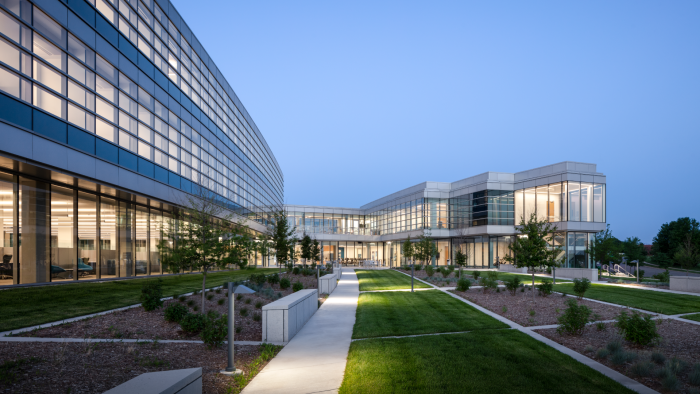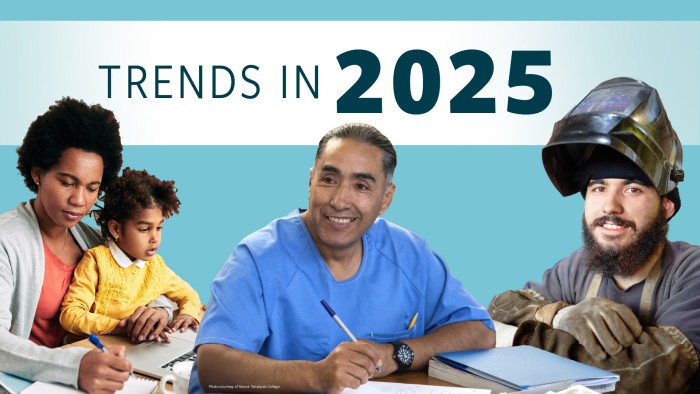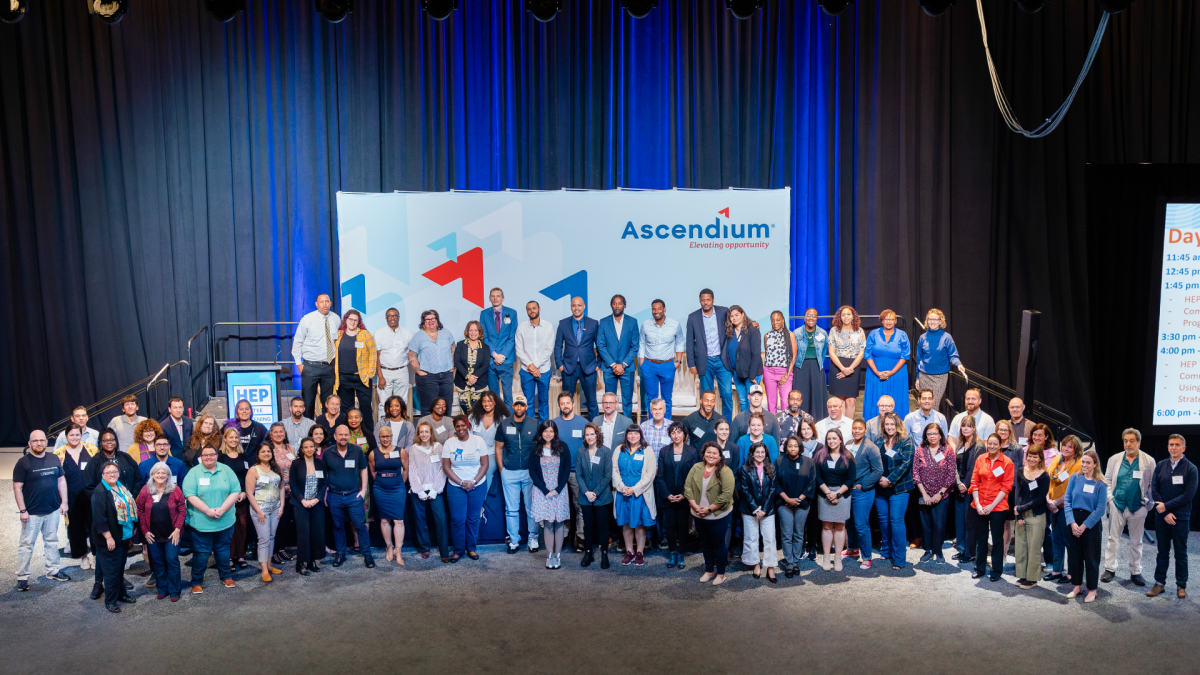
Five Key Takeaways From Ascendium’s First Convening on Postsecondary Education in Prison
In November, we brought together grantees from our Expand Postsecondary Education in Prison focus area in Montgomery, Alabama, for the first time. This historic city provided a meaningful backdrop for attendees to exchange insights, foster collaboration, and inspire innovation. The convening offered valuable lessons for participants and Ascendium alike, igniting the drive to create lasting change in the field. Here are five key takeaways from the event.
-
1. Pell Grant reinstatement has expanded access, but systemic barriers persist.
The reinstatement of Pell Grant eligibility for incarcerated learners is a transformative milestone in expanding access to postsecondary education in prison. However, systemic barriers still limit equitable access for all.
During the session "The Pell of It All," experts from the National Association of Student Financial Aid Administrators, the Tennessee Higher Education Initiative, the Vera Institute of Justice, and the University of Utah illuminated these challenges. Dr. Erin Castro, associate dean of prison education and director of the Research Collaborative on Higher Education in Prison at the University of Utah, pointed out that many incarcerated individuals lack timely, accurate information about federal student aid, hindering their ability to make informed decisions.
Research also reveals a concerning trend: while Black students are the highest recipients of Pell Grants in the general population, early findings suggest this is not the case within prisons. In response to this and other challenges, Erin and her colleagues are establishing a national center focused on advancing research and finding solutions to systemic inequities. Their work aims to provide critical insights into who incarcerated learners are, the pathways they pursue, and the outcomes they achieve.
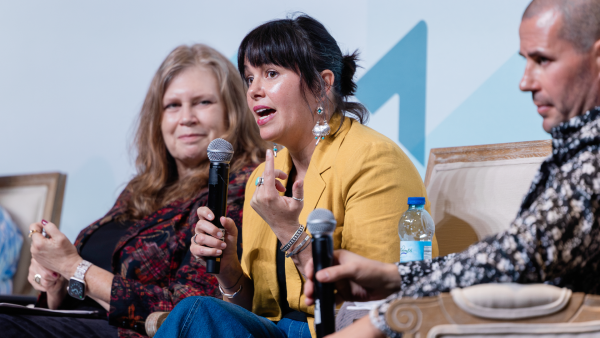
Dr. Erin Castro (center) discusses challenges and progress related to Pell reinstatement during a panel at Ascendium’s HEP Grantee Convening.
-
2. Networking opportunities strengthen leadership and support student success.
Convenings like this one are crucial for connecting leaders in postsecondary education in prison with the resources and tools they need to enhance their programs and support student success.
The event underscored the importance of creating a collaborative community in a historically underfunded field, where innovative ideas and practices have often emerged in isolation. Sessions like "HEP Growing Together: Tools for the Field" highlighted valuable resources, including Cornell University’s Education Justice Tracker and the Alliance for Higher Education in Prison and the American Institutes for Research’s Resource Community for Higher Education. These tools empower attendees to share, validate, and adopt approaches that further their missions.
Additionally, the final day’s breakout sessions offered actionable strategies, equipping grantees with the knowledge to improve their practices and drive better outcomes for the students they serve.
“In the midst of uncertainty, the power of community brings strength, support, and resilience.” — Lettisha “Tish” Boyd, Owner, Beyond $avvy Consumers (via LinkedIn)
-
3. The future of postsecondary education in prison is strengthened by leadership with lived experience.
A panel of formerly incarcerated leaders emphasized how incorporating lived experience can drive meaningful change in the field. The panelists included Kiana Calloway of the Justice and Accountability Center of Louisiana, Darryl Epps of the State University of New York’s Office of Higher Education Programs, Shannon Ross of The Community, and Josh Stoltz of the Tennessee Higher Education Initiative.
Moderated by Pulitzer Prize-winning journalist Robert Samuels of The Washington Post, the panel explored the challenges formerly incarcerated individuals face and highlighted the transformative power of postsecondary education in prison. By integrating their unique perspectives with broader efforts, these leaders play a vital role in creating a more inclusive and effective system that benefits all stakeholders.
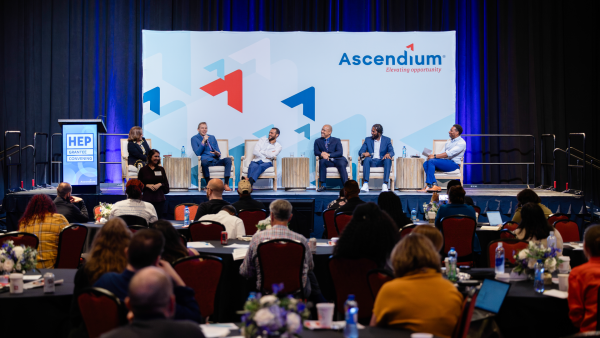
From left: Convening facilitator Dr. Toya Barnes-Teamer, panelists Josh Stoltz, Shannon Ross, Darryl Epps, Kiana Calloway, and moderator Robert Samuels discuss the importance of postsecondary education in prison programs in creating opportunity pathways for students.
-
4. In the context of postsecondary education in prison and related convenings, the importance of place cannot be overlooked.
The choice of Montgomery, Alabama, as the convening site was intentional. The city’s rich history — spanning its role as the First White House of the Confederacy to the Montgomery Bus Boycotts — set the stage for impactful dialogue and collaboration.
A visit to the Legacy Museum was a transformative moment for many attendees. Housed in a building that once served as a warehouse for enslaved people, the museum traces the history of systemic racism in the U.S., from slavery to modern-day mass incarceration. Founded by Bryan Stevenson’s Equal Justice Initiative, the museum combines emotional resonance with compelling evidence, sparking reflection and critical conversations.
“An unforgettable experience that defies words[…] ‘impactful’ doesn’t quite capture the depth or feelings evoked by the images, sculptures, and stories.” — Nicole O’Neal, Project Manager, New England Prison Education Collaborative (via LinkedIn)
-
5. The postsecondary education in prison community is expanding, with efforts to broaden engagement and shared responsibility for supporting incarcerated learners.
The convening highlighted the expanding postsecondary education in prison community, with a growing network of stakeholders joining the conversation. Organizations such as the American Institutes for Research and the Education Commission of the States, while not exclusively focused on incarcerated learners, offer valuable resources to those managing these programs.
By partnering with these organizations, we hope to further broaden the involvement of diverse groups in supporting incarcerated learners. This collective approach reflects the convening’s theme, “Creating Community to Strengthen a Systems Approach,” paving the way for a more inclusive and effective ecosystem for postsecondary education in prison.

